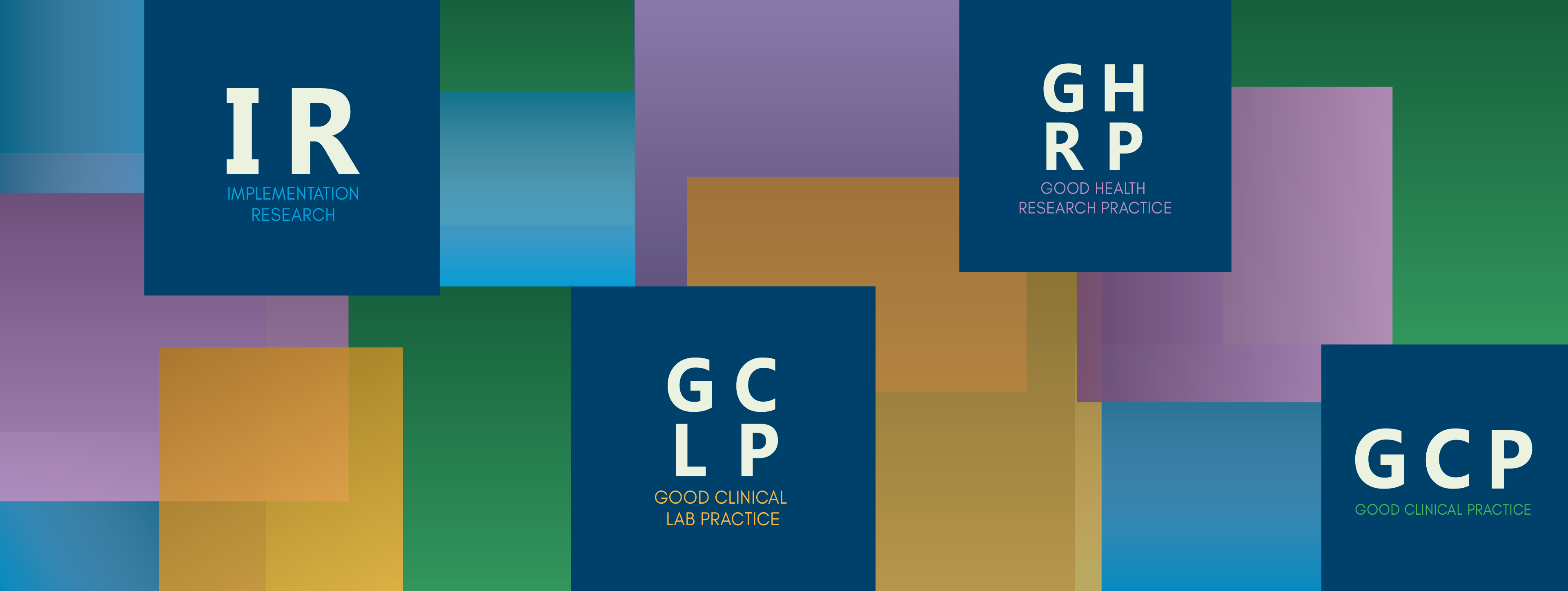What is GCP?
Good Clinical Practice is an international ethical and scientific standard for designing, conducting, analyzing and reporting clinical trials that involve the participation of human subjects. Compliance with this standard provides public assurance that the rights, safety, and well being of trial subjects are protected. It also ensures the credibility of the trial data. The subject of GCP has become an international significance. Sponsors of clinical research generally demand that all research activities must be delivered according to the GCP standard.
This course was designed to set the stage for the GCP training by providing background understanding of how the concept of GCP has evolved to where it is now. The module provides an overview of what forces led to the landmark International Conference on Harmonization (ICH) that triggered the GCP. A special focus is dedicated to developing country research and development activities whose researchers are compelled to adhere to GCP in environments that may not be easily conducive to GCP requirements.
Modules
Following a brief introduction which provides an overview of the course, the training focuses on a series of modules:
- History and Principles of GCP
- Quality system in clinical research
- Principles of research ethics
- Essential documents
- Stakeholders responsibilities
- GCP in Trial procedures
- Informed consent process
- Safety management
- Investigational product management
- Data management
The overall training approach used in these modules paper writer is based on adult learning principles. Methods would comprise a combination of interactive lectures, discussions, practical exercises – small group work, role-plays and preparation/review of records.
Participants
Target participants are those who are involved in research such as investigators, clinicians, pharmacists, other health professionals, research staff, sponsors, ethics committee, etc.

